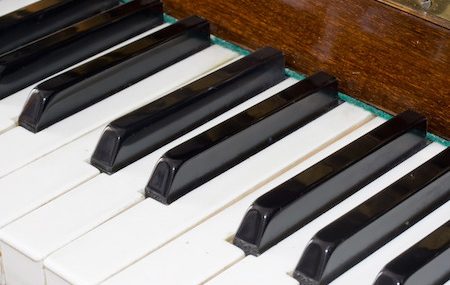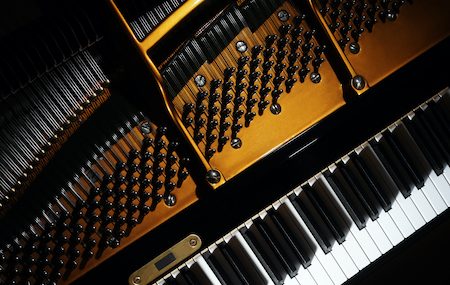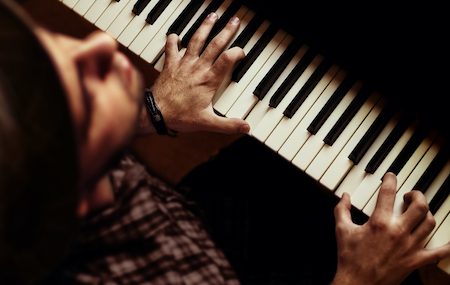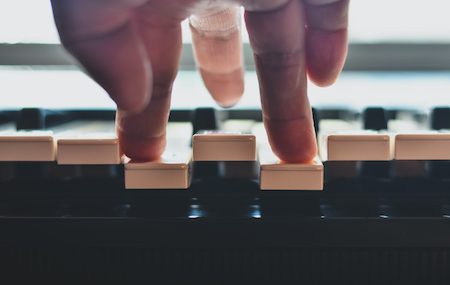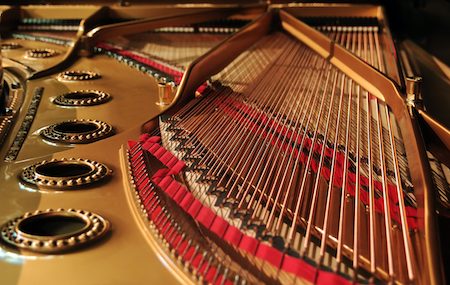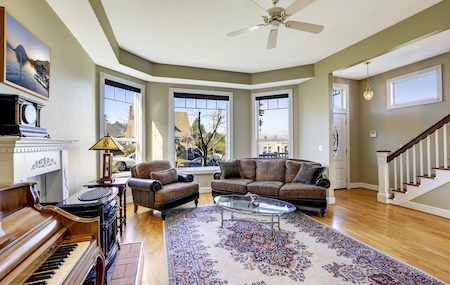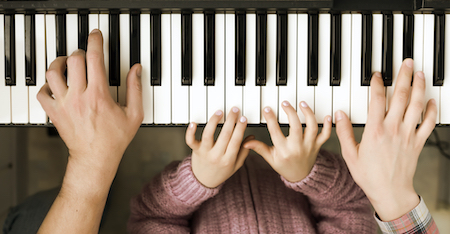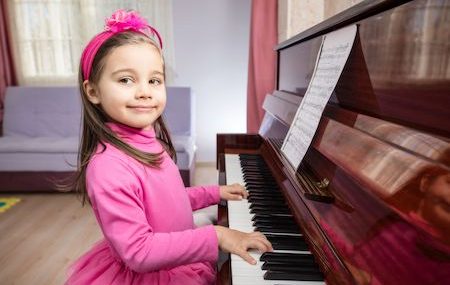This year has brought on new ways of learning. It’s also made each of us think about what is important. What hobbies do you want to take up? What activities are most important?
That piano that’s been sitting in your living room untouched for several years may be just the thing you start up again this winter.
But if it’s been a while since you played, and you’d like to increase your knowledge on how to play, it’s time to look at your options. While you might not be ready to head out for group piano lessons, why not look towards technology? Video piano lessons may be just the thing to get you playing once again.
Video piano lessons can walk you through many different methods for playing the piano. From staring up and learning the basics, to refining your approach and improving your technique.
Video training is growing in popularity because you can refer to the training again and again. Watch it. Learn from it. Apply it. Review it. You can do this again and again until you’re comfortable with what you’re learning.
Video piano lessons are great for teaching things like hand placement and keyboard layout. You can learn basic lessons about musical symbols and how music is laid out. It can even showcase different games and platforms you can use to make learning fun.
Video piano lessons are a great way to teach the fundamentals. You can learn note placement and how to play scales and chords. You can review this content again and again, until it becomes a habit.
Not all of playing the piano is based on fingers to the keys. Posture, arm movement, feet placement, and flexibility are all a part of it too. You can watch the necessary skills on video, and ensure your setup is good for your playing ability.
Creating music is only a part of being a good piano player. The other part comes from understanding music theory. You can use video training to watch many different aspects of piano history, including diving into all types of genres, from blues to jazz to classical. Watching musicians in action can create a direct impact on the way you play yourself.
What does it take to become a better pianist? Video piano lessons can be one way to learn how to be a better player. It can give you the skills you need now to bring the love of music into your life this year.
